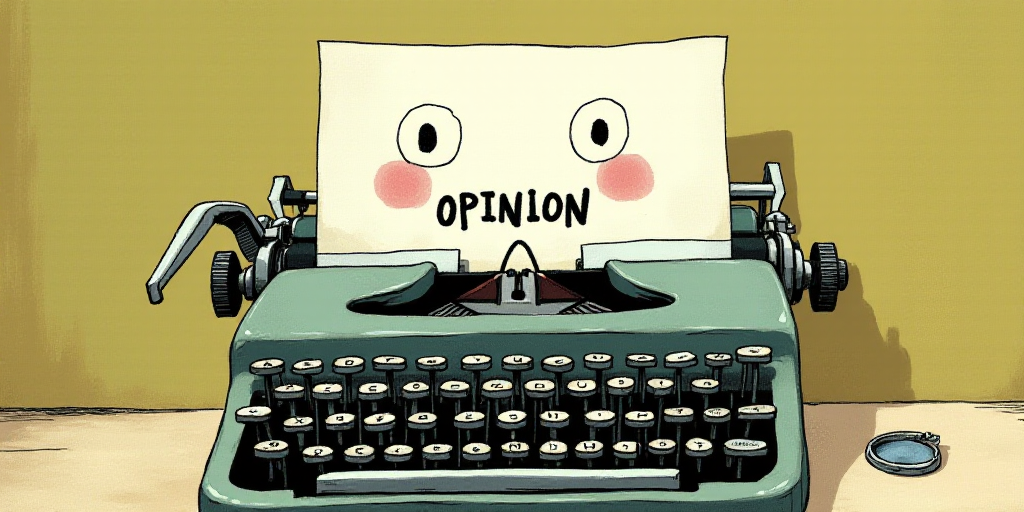Introduction
Since the beginning of his presidential campaign, Trump has made it clear that he would rely heavily on tariffs as his preferred tool. Consequently, it should come as no surprise that he announced a flurry of tariffs against his main trading partners from day one. What few could have predicted, however, was the chaos that would ensue. In less than six months, new tariffs have been imposed on goods outside the T-MEC, existing tariffs on steel and aluminum have been increased, tariffs on auto parts were announced and then suspended, tariff reciprocity has been paused, specific tariffs like Mexican tomatoes have been renegotiated, tariffs that were already paused with the EU have been reinstated, and tariffs have been reduced in the latest agreement with China. For now.
The Legitimacy of Tariffs
While there is a legitimate debate about the necessity of applying tariffs to correct structural imbalances in the global economy, such as persistent trade surpluses and deficits, no serious economist agrees with Trump’s trade policy. In their book “Trade Wars are Class Wars,” Michael Pettis and Matthew Klein argue that trade disputes are not just between countries but also reflect internal inequalities. Excessive surpluses or deficits only deepen these economic disparities.
The MAGAverse and Trade
Since 2016, numerous columns and opinions have labeled Trump as ignorant for not understanding that tariffs do not fix trade deficits. At this point, those who still believe Trump is unaware of this information are more ignorant. Explaining the factors behind inflation and why a dozen eggs cost more is complex enough; campaigning on reducing the current account deficit caused by excess capital inflows due to the dollar’s extraordinary status as a reserve currency is unthinkable. Who would vote for a politician with such a platform?
It’s more pragmatic to bring the macroeconomic issue down to earth and focus on international trade. The trade deficit adjusts to one of the central myths of the MAGAverse: that the United States is a significant loser in globalization. In this parallel economic universe, imports are seen as synonymous with loss and weakness. This resonates deeply with the American ethos, where being a loser – whether an individual or a nation – is undesirable.
However, in reality, increased imports can also reflect higher purchasing power. Greater income means better access to goods and services. Imagine your own wallet: if you received a substantial salary increase, you’d likely use the extra money to buy items previously out of your budget or even hire others for tasks you dislike.
The Mercantilist Logic in the MAGAverse
In Trump’s world, another logic prevails. This parallel reality echoes mercantilist principles, viewing trade relations as a zero-sum game: if one wins, the other must lose. In this view, when foreign countries produce goods that were once manufactured in the US, it’s seen as those foreigners taking jobs away from Americans. If there were any doubts about the existence of the MAGAverse, Secretary of Commerce Howard Lutnick’s statement suggesting that many of these jobs should return to the US and that “an army of millions and millions of Americans screwing in screws to make an iPhone” is the new American dream serves as proof.
When a Midwestern citizen notices that almost everything they consume is “Made in China” and the factories that sustained their local economy have vanished, the idea of protecting American industries through tariffs resonates deeply. This individual is unconcerned with the US being trade surplus in something as abstract as digital economy. Remember, perception is reality; the MAGAverse’s narrative explains well but only to a point.
The Importance of Narrative Over Results
In the MAGAverse, narrative matters more than outcomes. Unlike early mercantilists, MAGA principles emerge from the crisis of the liberal order. With this model’s collapse, not only did an economic thought structure fall apart, but also a set of ideas shaping a country’s place in the world. Among the hardest-hit pillars of this system was the providentialist messianism that promised greater well-being with more work. When this promise crumbled, the individual was left alone, responsible for their destiny without economic certainty or moral anchor.
In the MAGAverse, the story is paramount; results are secondary. Trump’s economic narrative seems to triumph now, but it’s crucial to remember that its principles are not grounded in reality. While the principles supporting international trade, like comparative advantage, have been around for over two centuries, Trump’s (if he has any) are discarded even by him whenever he abandons tariff implementation.
Conclusion
As Luis Rubio pointed out, Trump might be a calculated strategist or merely an opportunist. Regardless, the MAGAverse narrative is meticulously crafted, making improvisation unlikely. This anti-hero knowingly promotes external protection through tariffs rather than equipping the population with tools like education and healthcare to boost competitiveness and prosperity. Overprotecting industries, like individuals, can backfire.
Despite this, as Martin Luther King Jr. once said, “the arc of the moral universe is long, but it bends toward justice.” Perhaps I’m living in a fiction. If the Big Beautiful Bill passes, adding $3.4 trillion to the debt will exacerbate the structural problem facing the US (and global) economy. Eventually, fiction meets truth. When Americans transition from the MAGAverse to reality – they will – they’ll find a more closed, expensive economy with lower quality of life, as data already suggests. Maybe then they’ll recall a quintessential American motto: “It’s not about what your country can do for you, but what you can do for your country.” The hero lies within oneself. My greatest fear is that this realization doesn’t come peacefully in an armed nation.






